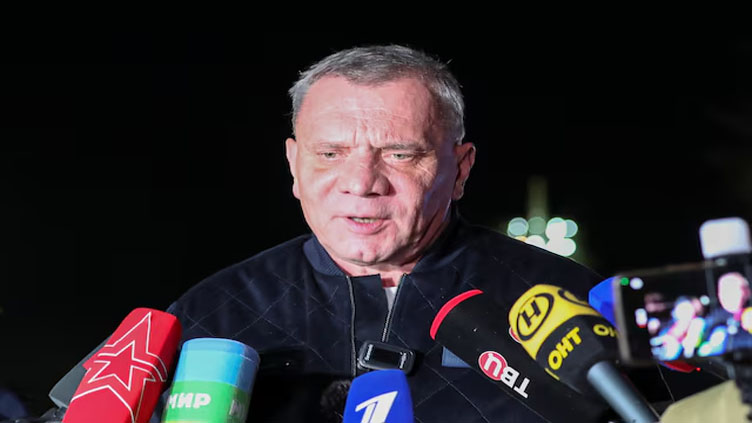Russia starts developing nuclear power unit for joint lunar station with China, RIA says

Technology
To put the first Chinese astronaut on the moon before 2030
MOSCOW (Reuters) - Russia has started developing a nuclear power plant for its planned joint lunar station with China, the RIA news agency cited Yuri Borisov, the head of Russia's space agency Roscosmos, as saying on Wednesday.
In March, Borisov said Moscow was considering the idea of powering the station using nuclear energy. Something he said could one day allow lunar settlements to be built.
Borisov, a former deputy defence minister, said that Russia and China had been jointly working on a lunar programme and that Moscow was able to contribute with its expertise on "nuclear space energy".
Borisov spoke at the time also of Russian plans to build a nuclear-powered cargo spaceship. He said all the technical questions concerning the project had been solved apart from finding a solution on how to cool the nuclear reactor.
"We are indeed working on a space tugboat. This huge, cyclopean structure that would be able, thanks to a nuclear reactor and a high-power turbines...to transport large cargoes from one orbit to another, collect space debris and engage in many other applications," Borisov said.
Read also: Russia says it is considering putting a nuclear power plant on the moon with China
Russian officials have spoken before of ambitious plans to one day mine on the Moon, but the Russian space programme has suffered a series of setbacks in recent years.
Its first moon mission in 47 years failed last year after Russia's Luna-25 spacecraft spun out of control and crashed.
Moscow has said it will launch further lunar missions and then explore the possibility of a joint Russian-China crewed mission and even a lunar base.
China said in February it aimed to put the first Chinese astronaut on the moon before 2030.
Russian President Vladimir Putin in February dismissed a warning by the United States that Moscow planned to put nuclear weapons in space as false, saying it was a ploy to draw Russia into arms negotiations on the West's terms.


